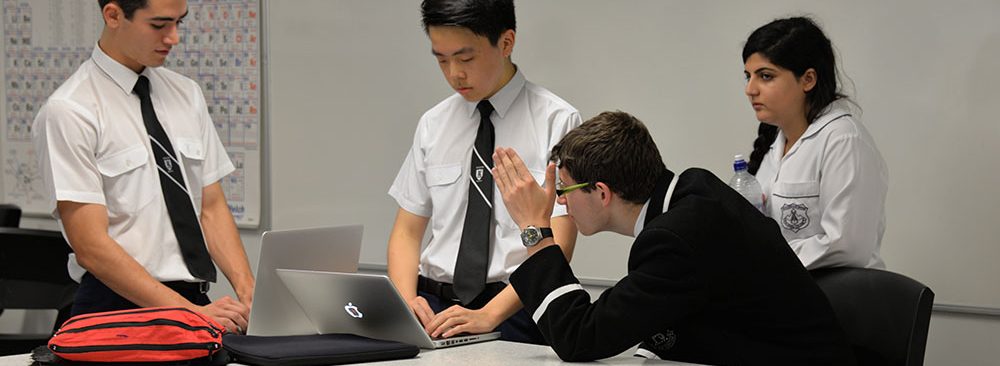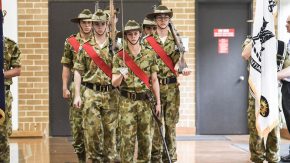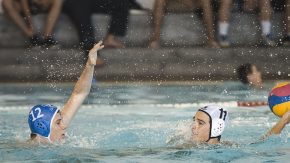IB Science experiment in the Real World
From 5 to 6 November, Year 11 IB Science students joined forces with 15 students from Al Zahra College to complete the IB Group 4 Project – a mandatory component of the IB Science Course. This Project allows students to gain experience testing out their scientific ideas and to work collaboratively with others across various disciplines – physics, chemistry, biology and environmental science.
This year’s Project looked at some of the challenges boys at our brother school, Tupou College in Tonga might face.
Year 11 student Eric Sheng (11/ME) said his group investigated clean water. “My group looked at the need for clean drinking water. We designed and made a model of a solar-based water purification system.”
Some other student initiatives included a solar water heating system so that students could have warm showers, turbine generators to create power, biogas collection, wind turbine generators and desks that also double up as hammocks.
Eric said that while it took two weeks of planning to be able to put their designs to the test, the results were not always what they expected.
“Not all the ideas survived this rigorous process [of testing that took part after the two weeks of preparation]; every group encountered problems and had to think of new ways to do things. Unlike most of what we do in classrooms, there are no tried and tested instructions or correct answers in the Group 4 Project,” he said.
“I for one found improvising solutions to unexpected problems the most exciting part of the Project… As the IB emphasises, the focus is on the processes rather than the products of the experience. The Group 4 Project was certainly a valuable learning experience.”
For fellow classmate Fletcher Howell (11/JN), the Project tested his ability to be open minded, flexible and caring towards the working styles of others in the group. “Students were also required to be good communicators, creating a short film for presentation at the conclusion of the day. This was aimed at outlining the processes and the methods through which any thinking was applied,” he said.
“For me personally, I realised that getting a group of five people motivated towards achieving a collective goal is difficult. There is a lot of work that goes into generating a solution, let alone ensuring it is practical in that it is cost-effective, safe and made out of the appropriate materials. The project was a worthwhile thinking exercise and outlined how the theory and skills we develop in class, actually apply to the real world.”
A 30 minute reflection task outlining the task and results marked the conclusion of the intensive two days of testing and discovery. The reflection allowed students to consolidate their thinking and consider their personal development. Being an entirely student-centred project meant that this was not only invaluable to the students learning about team work and skills of management and delegation, but also offered the students a chance to plan, test and reflect on real world solutions to real world problems.
A big congratulations goes to Ms Diana Organ, Mr Andrew Davies, Ms Rukevwe Bateren, Mr Cameron Quince and Ms Brenda Knowles for making these two stimulating days such a success.






